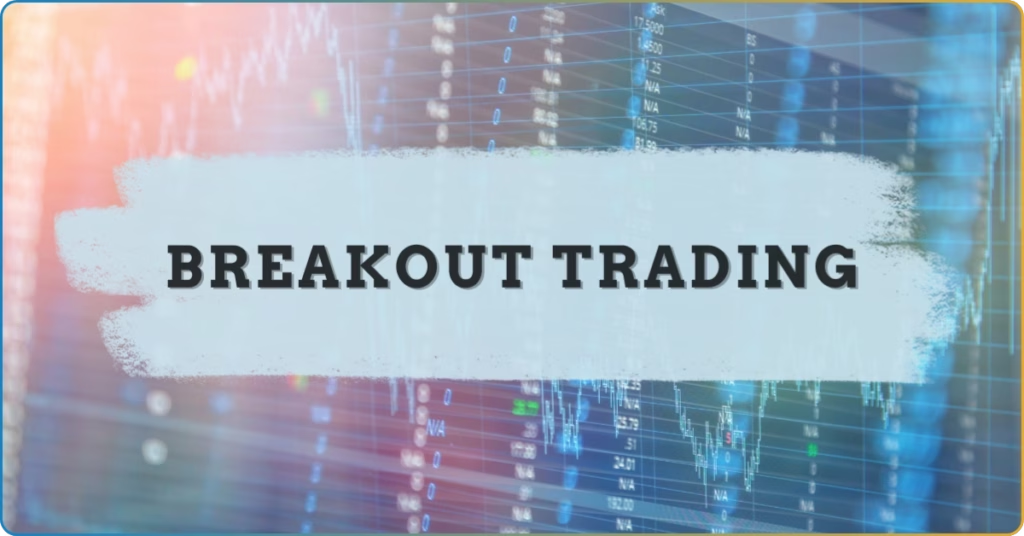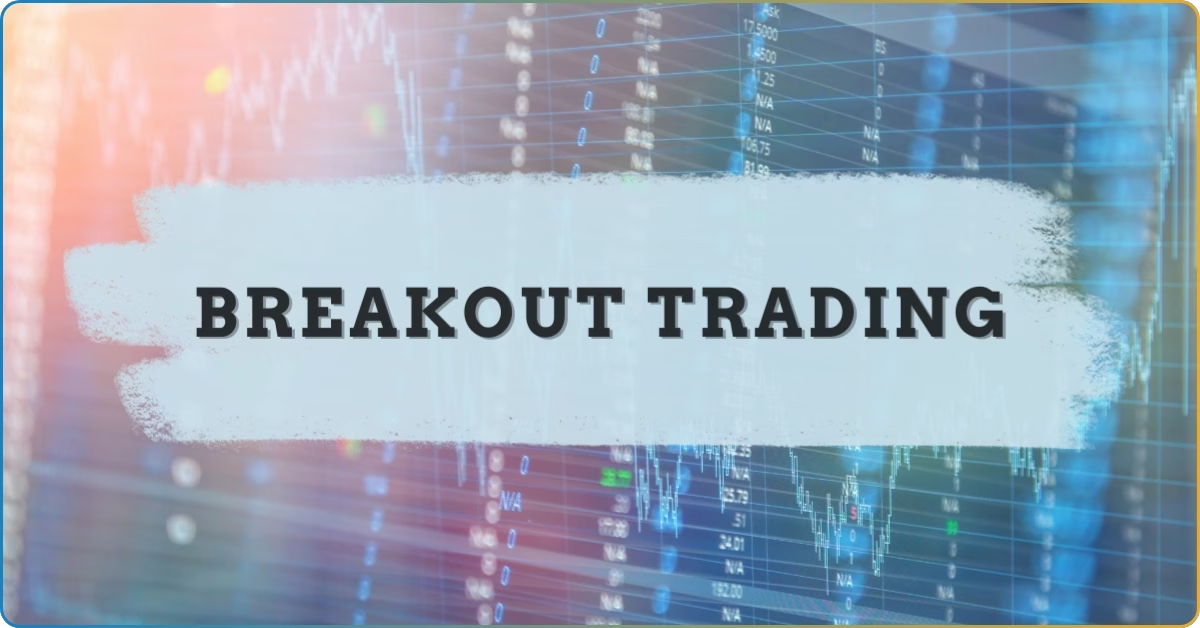Aspen Pharmacare is one of South Africa’s most recognized pharmaceutical companies, and for novice traders, it’s easy to assume it’s consistently performing well. But that’s not always the case. When trading with corporate giants, it’s crucial to look beyond the green zones on stock charts.
That’s why our financial analyst takes a full-spectrum view. Milestones matter, but are you keeping up with Aspen Pharmacare’s latest news?
More importantly, how do its breakthroughs and setbacks impact financial health? Every factor deserves thoughtful consideration, and this TRU Insight delivers a comprehensive review.
Aspen Pharmacare Share Price Analysis
Aspen Healthcare Pty Limited began trading in 1997 and was listed on the Johannesburg Stock Exchange in 1998 under the stock symbol APN.
| 52-week range | R93.15 – R196.00 |
| Market Capitalization | R42.74 billion |
| P/E Ratio | 12.09 |
| Average Daily Trading Volume (1 Year) | 1.92 million shares |
| Revenue (FY 2025) | R43.4 billion |
| Dividend Yield | 2.2% |
Our financial analyst notes that Aspen Pharmacare’s share price has moved between R93.15 and R196.00 over the past year, showing it has been quite volatile. With a market value of R42.74 billion, it’s still a major name on the JSE, but that doesn’t mean it’s without challenges.
The company earned R43.4 billion in revenue for FY2025, which is a 3% drop from the previous year, a sign that recent issues may be taking a toll. Its P/E ratio of 12.09 shows the stock is priced, and the 2.2% dividend yield gives investors a small return.
Overall, it’s a stock that needs a balanced look, not just at the highs, but also at what’s driving the numbers.
Aspen Pharmacare Overview
Aspen Pharmacare is more than just its share price forecast. The company’s details, products, milestones, and issues are all key factors to further gauge and better justify the Aspen stock performance and inform its potential outlook:
Company
Founded in 1997, Aspen Pharmacare has become a key player in the pharmaceutical industry. The company is headquartered in Durban, South Africa, and it’s led by its co-founder and Group Chief Executive, Stephen Saad.
The company specializes in producing generic and branded pharmaceuticals, over the counter (OTC) medicines, and active pharmaceutical ingredients (APIs), with a strong presence in therapeutic areas such as anesthetics, thrombosis, and oncology.
Milestones
2020: Debt Reduction Strategy
To tackle rising debt, Aspen sold its European thrombosis business to Mylan. This strategic shift reassured investors, showing the company’s commitment to financial discipline. The market responded positively, with Aspen’s share price rebounding and outperforming peers, signaling renewed confidence in its long-term stability.
2021: COVID-19 Vaccine Manufacturing
Aspen stepped up during the pandemic by partnering with Johnson & Johnson to produce vaccines for Africa. This move wasn’t just socially impactful; it also showcased Aspen’s manufacturing strength. The company’s reputation soared, and its stock gained momentum, peaking later that year.
2025: Operational Setbacks
2025 was a tough year. A contractual dispute, FDA warning, and restructuring costs led to a sharp earnings drop. Aspen’s stock plunged to a 52-week low, reflecting shaken investor confidence. It was a clear reminder of how operational risks can quickly impact market performance.
Issues
A company’s stability is often tested by the challenges it faces. In Aspen Pharmacare’s case, recent operational setbacks call for a closer look at these issues, especially since they could significantly influence the company’s outlook.
Here are the risks and uncertainties:
Operational Risk
Aspen’s future hinges on how well it delivers its new strategy, especially expanding manufacturing and launching GLP-1 generics. Delays or missteps could stall recovery and shake investor confidence.
Contractual Dispute
The unresolved mRNA manufacturing contract dispute poses financial and reputational risks. A negative outcome could further strain Aspen’s resources and distract its strategic pivot.
Regulatory Challenges
Operating across global markets means Aspen faces complex and tightening regulations. Compliance issues, like the recent FDA warning, can disrupt operations and impact revenue streams.
Read more: TradersUnited – Foreign Regulatory Agencies
Currency Volatility
With earnings spread across multiple regions, Aspen’s profitability is vulnerable to exchange rate swings. Volatile currencies can distort financial results and affect investors’ sentiment. To get real-time insights on market-moving news for stocks like Aspen, join a community of expert traders at CommuniTrade.
Frequently Asked Questions
How often are dividends paid in Aspen Pharmacare?
Aspen pays annual dividends. The company has maintained consistent payouts, though growth has been modest.
What is Aspen’s strategy for recovering from recent losses?
Aspen plans to restructure manufacturing, expand GLP-1 and insulin production, and target profit recovery by FY2027.
Does Aspen underperform its competitors?
In the short term, yes, Aspen’s share price declined by nearly 50% over the last year, compared to a gain of around 24% for the overall South African market.
Final Verdict: Is Aspen Pharmacare Buy or Sell in 2025?
Based on our overall evaluation, our analysts currently rate Aspen Pharmacare as a Hold. The company has faced notable setbacks in 2025, which have weighed heavily on its share price.
However, its strategic pivot toward GLP-1 generics and insulin contracts offers a potential recovery path if execution is strong. While not a strong buy, Aspen remains a stock to watch closely, especially for investors seeking long-term value in the pharmaceutical sector.
For now, the best investment is financial literacy. Equip yourself with the right tools and resources, you can trade more confidently and safely. Refine your zone of genius and thrive in the right trading environment with trading courses, expert-led webinars, and more trading perks at CommuniTrade.

















